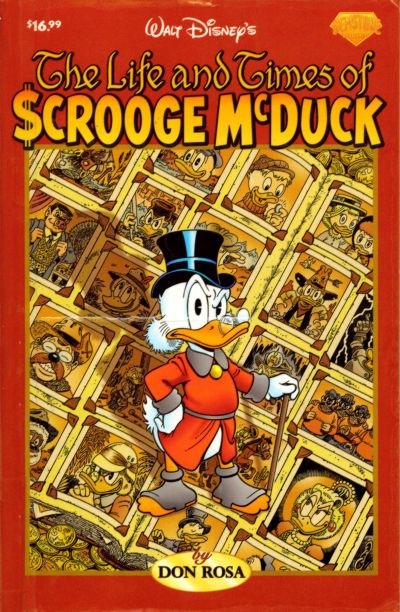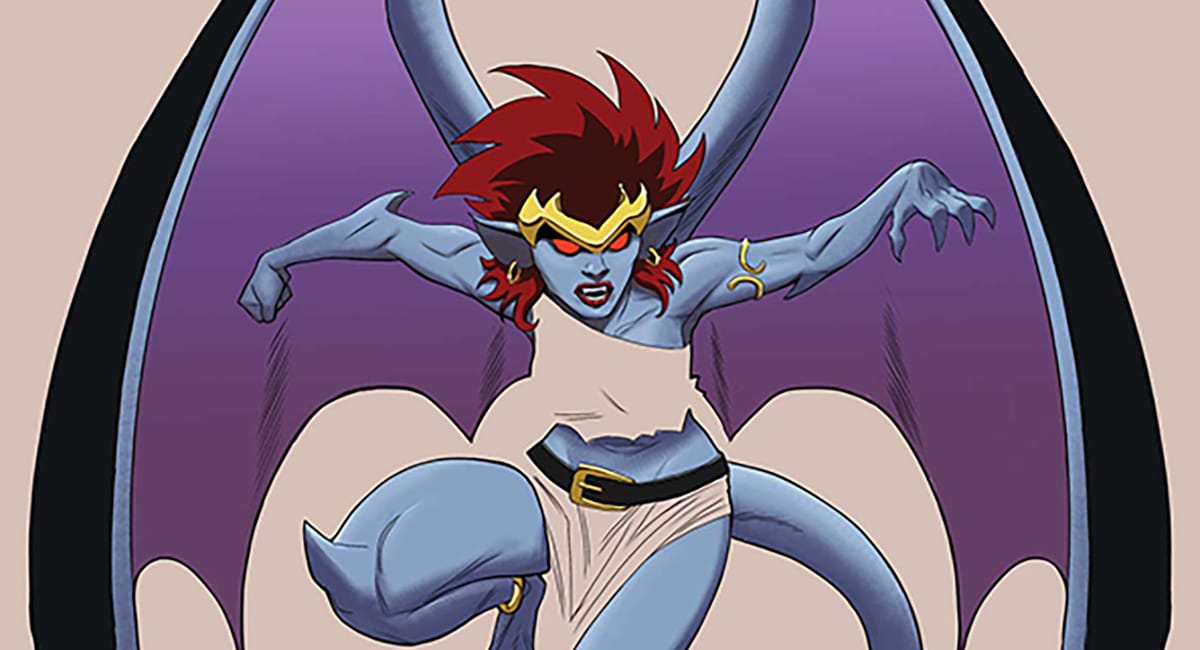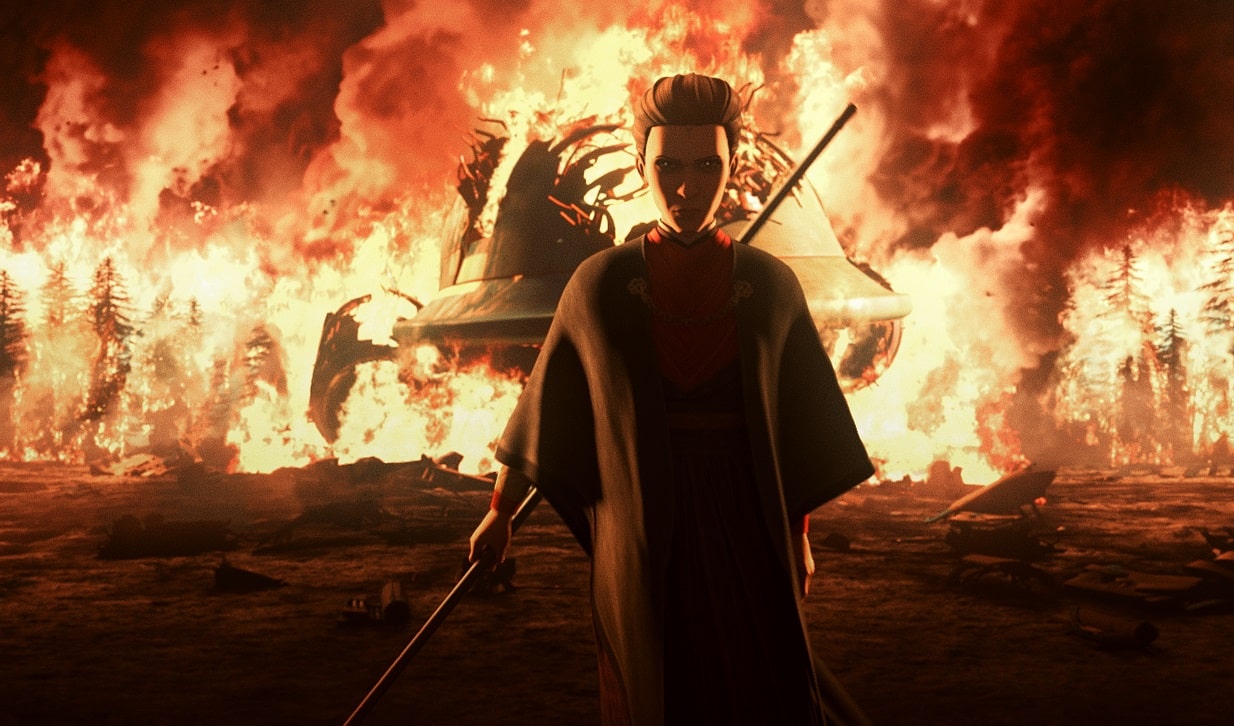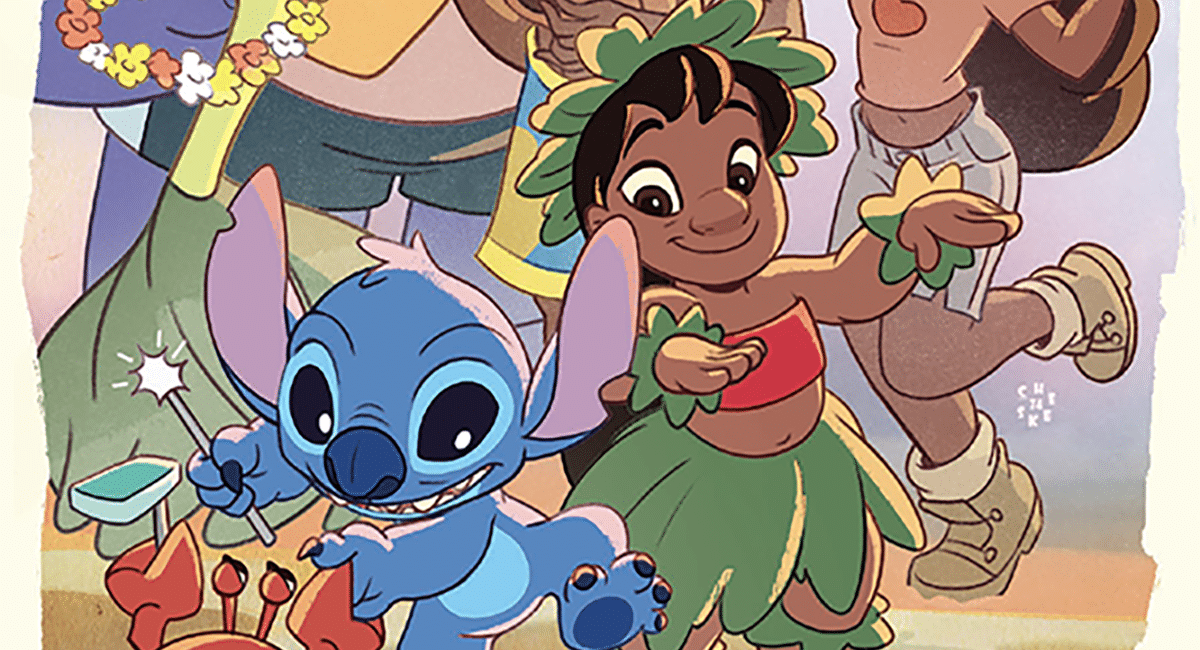Indie and Disney master Don Rosa has posted online the final chapter of a bio intended for a collected edition of his works. After it was rejected by Disney. Rosa explains his decision to retire from drawing comics last year as the result of both the psychological effects of years of working, his failing eyesight, and some ongoing difficulties with how Disney deals with its comics licenses. It’s an entertaining read—especially for how his early years intersected with those of his hero, Disney artist supreme Carl Barks, but it’s also not hard to see why Disney may not have been thrilled to publish it.
How many people know how the “Disney system” of comics works? When I describe this to some fans when asked about it, they often think I’m kidding them or lying. Or they are outraged. But it’s an unfortunate fact that there have never been, and I ultimately realized there never will be, any royalties paid to the people who write or draw or otherwise create all the Disney comics you’ve ever read. We are paid a flat rate per page by one publisher for whom we work directly. After that, no matter how many times that story is used by other Disney publishers around the world, no matter how many times the story is reprinted in other comics, album series, hardback books, special editions, etc., etc., no matter how well it sells, we never receive another cent for having created that work. That’s the system Carl Barks worked in and it’s the same system operating today.
How can such an archaic system still be in operation in the 21st Century when royalties have been paid in other creative publishing endeavors for literally centuries? All book authors, musicians, actors, singers, non-Disney cartoonists, even people who act in TV commercials… they all receive royalties if success warrants it. Even Disney pays normal royalties to creators and performers in its own movie and TV and book and music businesses. As near as I can tell, correct me if I’m wrong, but it’s only the creators of Disney comics who have no chance to receive a share of the profits of the success of the work they create. And yet Disney comics have never been produced by the Disney company, but have always been created by freelance writers and artists working for licensed independent publishers, like Carl Barks working for Dell Comics, me working for Egmont, and hundreds of others working for numerous other Disney licensees.
Why is this? I don’t know.
While Disney-owned Marvel (and soon Lucasfilms) operate under the modern royalty system, the last I knew, licensed Disney kids’ comics the world around indeed operate under the system Rosa describes. Which is a shame.
Best wishes to Rosa for improving health and an enjoyable retirement.








Don turned an entire generation of cartoonists on to the art form in the ’80s, before Calvin and Hobbes and Bone. For that alone, he’s a national treasure, but we also have his amazing, page-turning, exquisitely drawn body of work. No living artist deserves more credit for keeping Disney comics vital than Don Rosa, and it’s a shame that that isn’t more recognized.
Rosa’s one of the greats and Life and Times of Scrooge McDuck may be the only Great American Novel in comics. Seriously, you see a top 10 comics stories list without that on there then you know the list maker is actually poorly read.
Seriously…. to labor under that page rate system based on such world renown characters (especially when roylaties are paid out to similar areas at the same company)… it boggles the mind and Rosa is well within his rights to leave it behind.
I understand that’s the paperwork he must’ve signed — which is basically a work-for-hire gig, but the lack of acknowledgement from the publishers (in this day and age) to *up the contract* saddens me. It may have been better to quit years ago and then get rehired under NEW negotiations.
But it’s not often (in fact, rare) when a company goes out of its way to do the right thing… when an old thing continues to work in their favor.
Keno Don Rosa’s contributions to comics are undeniably singular. It’s just a shame that Disney comics contracts are so onerous that it would leave this remarkable talent disenfranchised.
Trust people, not companies.
I entirely sympathize with Don Rosa.
Even though we creators agree to the terms of working with the Disney toys (characters, properties, whatever), it’s really HARD to resist the pull of working on stuff we love. (I could’ve written Mickey for the rest of my life if given the chance.) This is stuff that we grapple with, for worse and worser.
I do need to correct one statement Rosa made, though it’s understandable why he made it:
“And yet Disney comics have never been produced by the Disney company, but have always been created by freelance writers and artists working for licensed independent publishers…”
I don’t know the percentage, but I’d guess over 99% of the Disney comics were produced by freelancers just as he described.
There were however, until 1995, cartoonists and writers who worked on staff for the Walt Disney Company who wrote comics and wrote and drew comic strips on the company dime. We were members of the Screen Cartoonists Guild, and (when I was there till the end of internally produced comics) worked under the oversight of Creative Services, Publications VP Greg Crosby.
It’s just a point of history, hardly noted and spanning less than 1% of the overall output, and it doesn’t change the effectiveness of Don Rosa’s point one bit.
Love the characters; hate the deal.
Also, with all the comics folks working at Disney now — Janelle Asselin, Jann Robinson, Nachie Castro, Liz Gehrlein, Amy Weingertner, Michael Siglian — comics ARE are being created at Disney again.
And Heidi produced comics at/for/by Disney, as well. :)
(Hey wait, so did I!)
I wrote one MICKEY MOUSE story and four never-published issues of FINAL FANTASY, and they were for Disney directly.
But yeah, Don Rosa should have made enough off his work to fill a money bin of his own. So should Barks.
kdb
Rosa could have made all the money he wanted but he never wanted to do anything but imitate Carl Barks. A true waste of a great talent.
Rosa’s comic work was in no way a waste of talent.
@Richard — I wouldn’t describe Rosa’s work as imitation, or even homage, really. He did what we expect from all modern serialized genre comics creators; he told new stories that respected and embellished on continuity, essentially affording the rich history of Disney’s Duck comics the respect it deserved by making it all “real.”
He may have drawn the characters on the Barks model, but that’s nothing new to the animation world, especially at Disney where a specific way of drawing every character is required across all lines of business. And he added an almost Geof Darrow-level of visual detail that Barks never had. I know many people who consider Rosa the best Duck artist ever.
This is definitely a cautionary tale about working for hire. Sad to hear about Don’s health issues, which are obviously at a stage that prevent him from capitalizing on the name brand he has built for himself through many years of hard work.
@jessepost and @Ian Boothby: I totally agree with you. This man created things that wasn’t imitation but personally founded art, a rarity within the world of main stream comics.
I would say, that if you have ever talked to him for a longer time than just a signing of a book, you would know what kind of effort this man put into his creations.
Comments are closed.